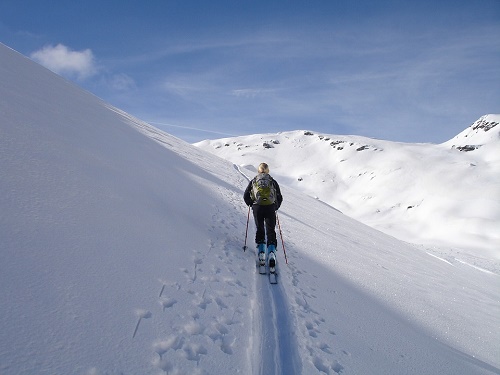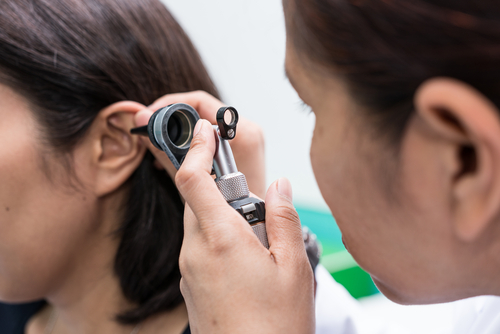Skiing Accident Claims
The popularity of skiing trips has led to an increase in the number of skiing accident claims for serious skiing injuries on the slopes. Research shows that almost a third of insurance claims are now related to claims for skiing accidents!
Unfortunately it is all too common to see other skiers and snowboarders failing to adhere to the basic rules, for instance, failing to show any courtesy to others and when skiing behind someone else, adjusting their speed and being careful to avoid collision.
Before you head off, make sure you check that skiing activities are covered by your travel insurance and remember that if you are under the influence of drink or drugs when the accident occurs, your claim will almost always become void and you could end up with a bill for many thousands of pounds for medical treatment and special travel arrangements home.
If you are unfortunate enough to be involved in a skiing accident, make sure it is reported at the time, retain your ski pass and get the details of any witnesses. Many cases have been lost as a result of a lack of witness evidence and so statements need to be taken as soon as possible.
Proving Liability For Your Skiing Accident
So if you have suffered injury as a result of a skiing accident it is important to consider the process of making a claim. This is especially the case for skiing injuries as they are often serious and have long lasting consequences. Firstly, skiing accident claims abroad can be challenging as a result of the different laws in each country and secondly the often serious nature of the injuries require a specialist skiing injury solicitor. Therefore, if you have been involved in a skiing accident abroad it is crucial that you contact a specialist skiing accident claim solicitor who understands skiing.
As an accomplished skier myself I understand all the issues and as I only do personal injury work, unlike claims management firms I do not do bulk claims, I investigate each case personally, speaking to your witnesses and gathering as much evidence as possible.
This gives me the best chance of proving for you that your injuries were caused by the negligence of the other skier.
Although the process can be complex, I am committed to getting you the compensation you deserve for your skiing injury whether it was caused by faulty ski equipment, inadequate ski instruction, or another person’s negligence on the ski slopes, you need the right solicitor to help you.
Contact Nigel Askew Solicitor
If you want to seek compensation for a skiing injury, get in touch with me on 01507 609027 or online for a free, no-obligation consultation about your case. I deal with cases on a no-win, no-fee basis. There are no hidden charges. I will come and see you at whatever time and wherever suits. I visit clients personally throughout the Louth and Grimsby areas of Lincolnshire.


